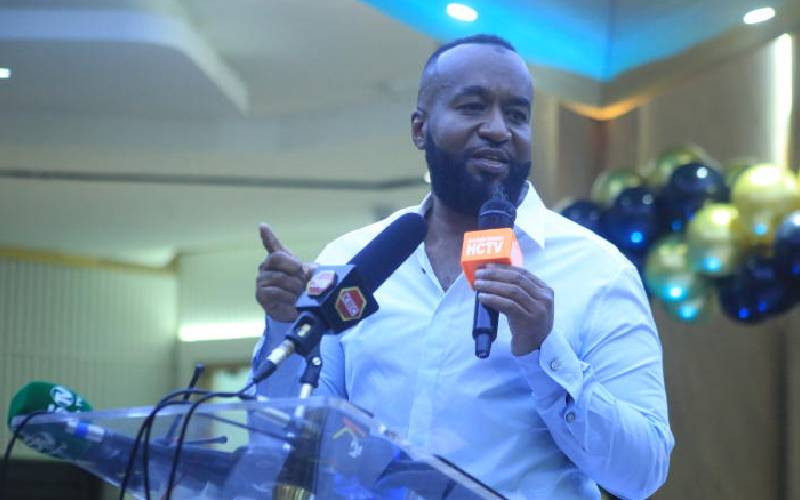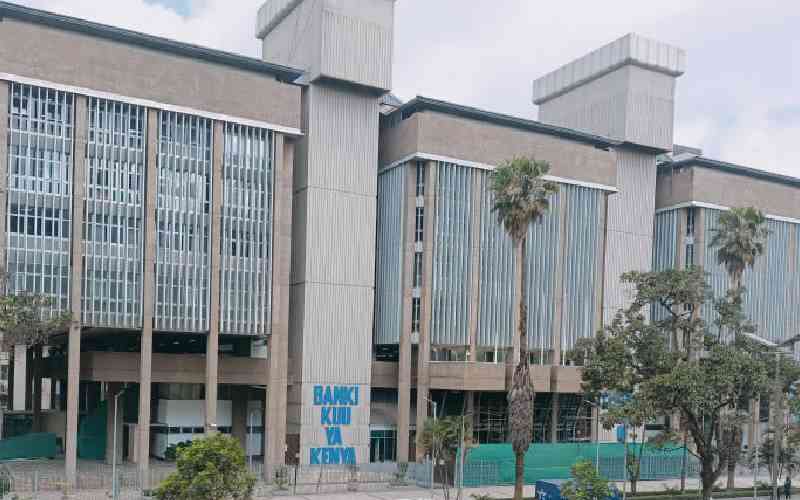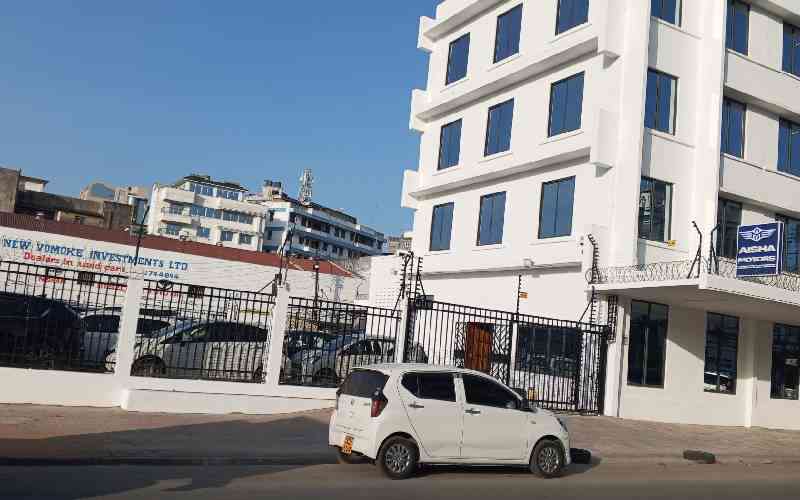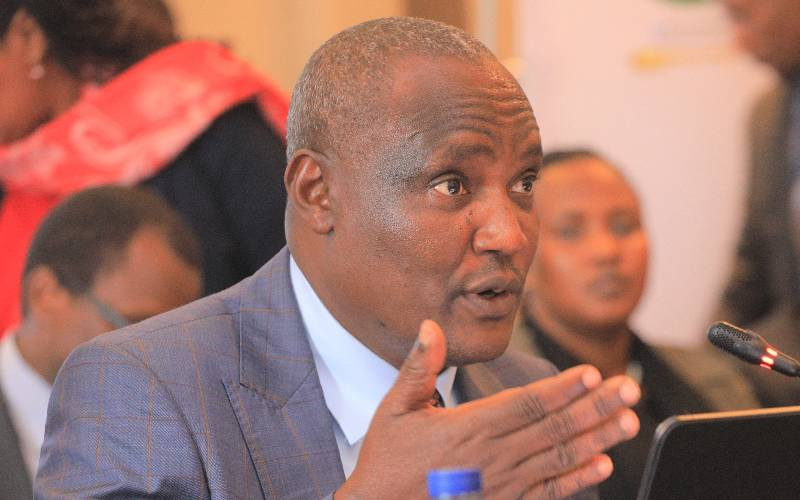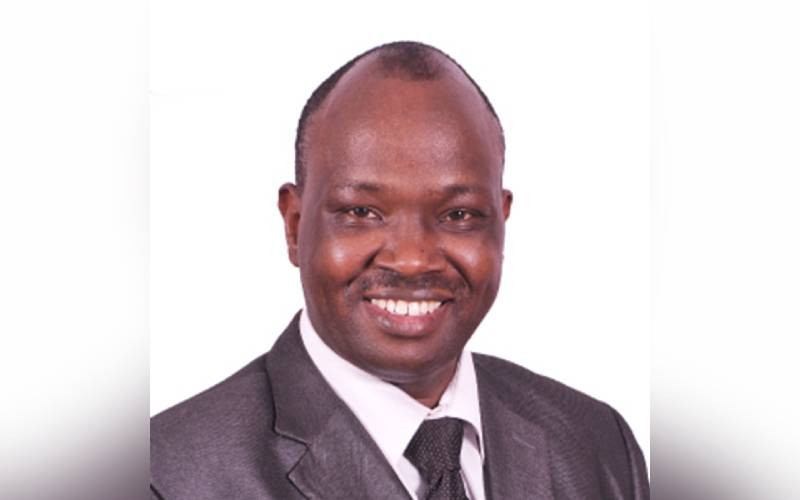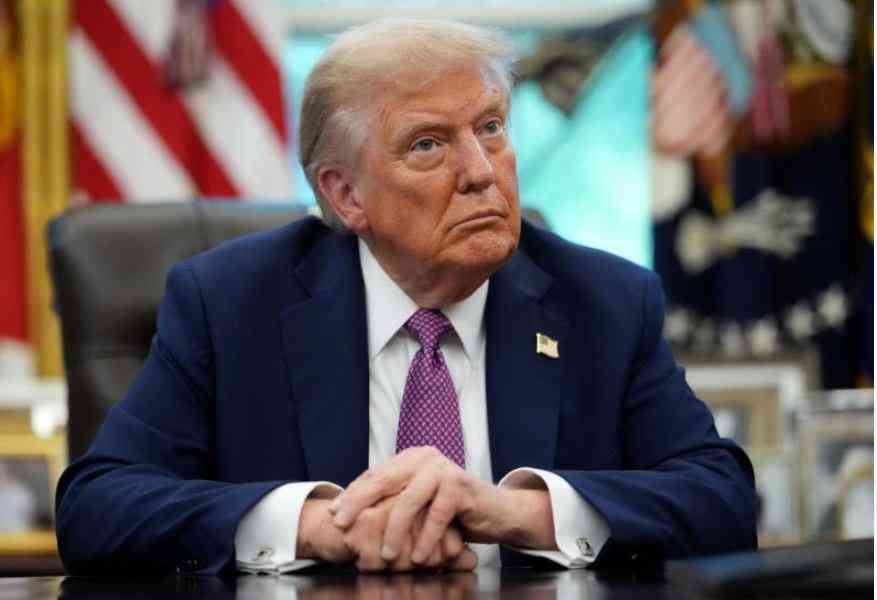×
The Standard e-Paper
Smart Minds Choose Us
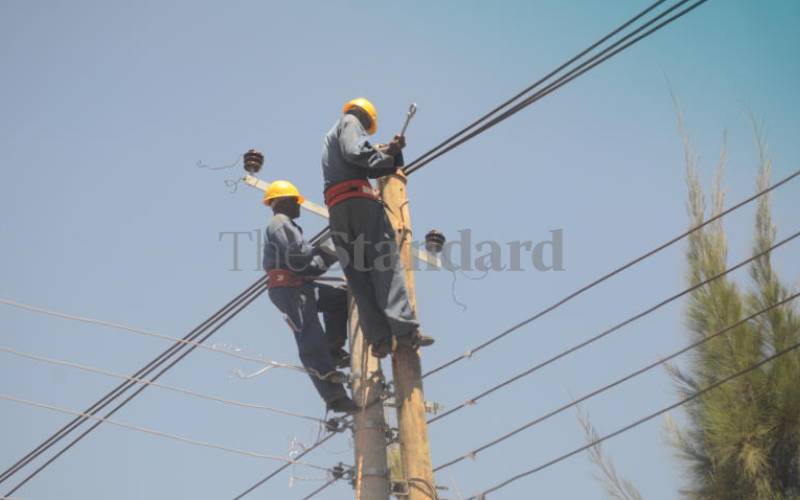
Data shows that cost of power went up by 2pc in December compared to the previous month. [Fidelis Kabunyi, Standard]
The cost of electricity increased in December, casting doubt on President Uhuru Kenyatta’s cheap power promise.

